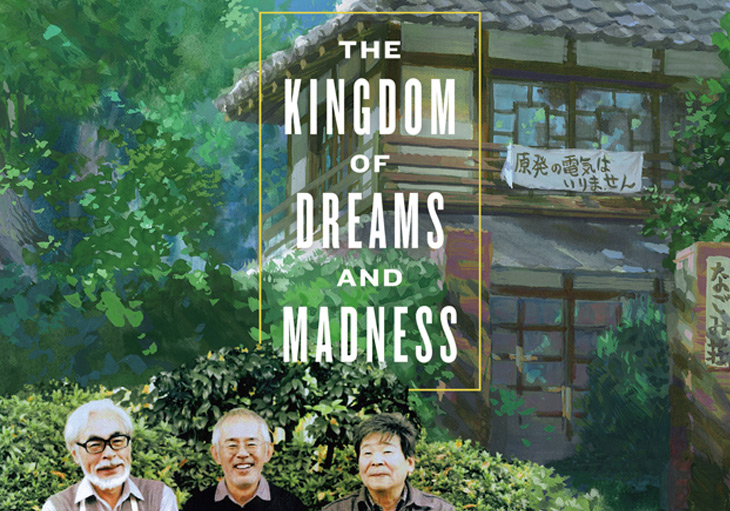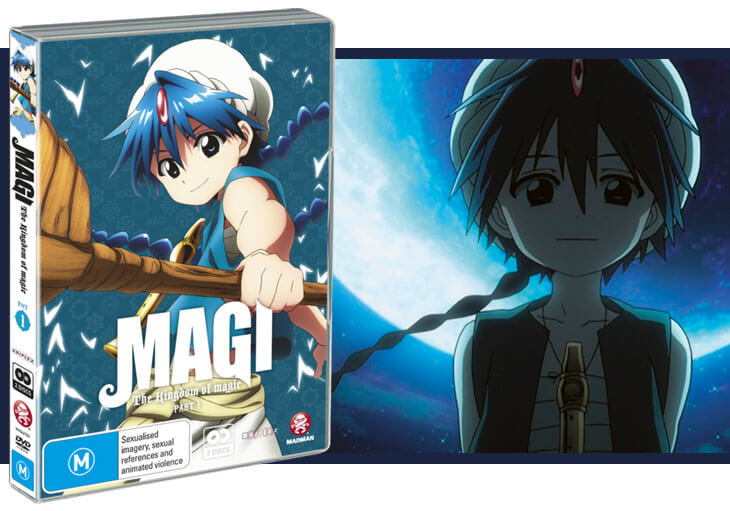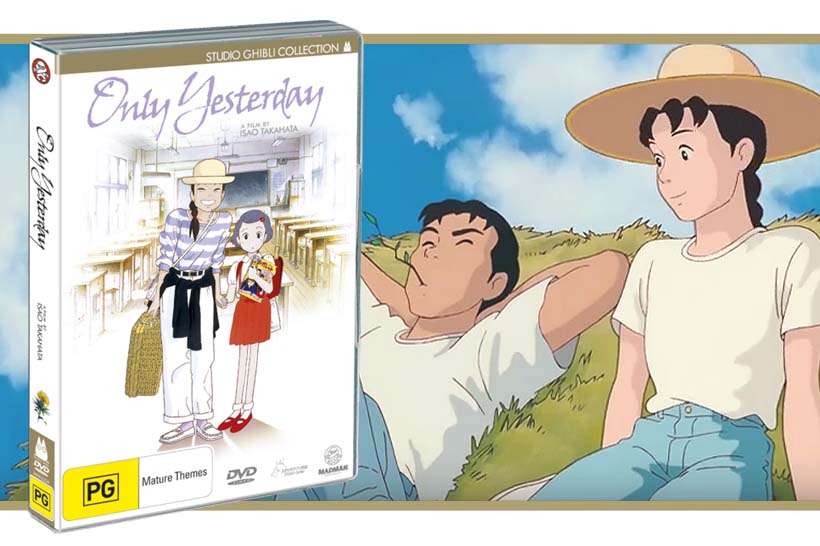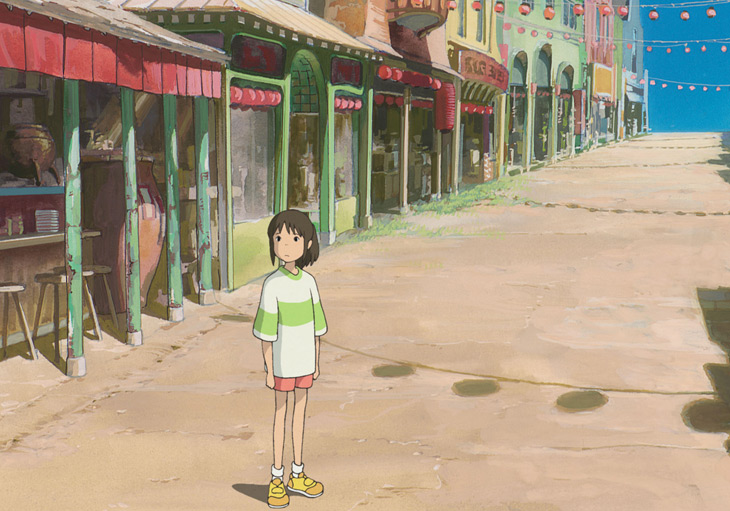Doco-Sunday is a thing we do in our household, inspired by a series run on ABC2 last year if memory serves. My wife pointed out The Kingdom of Dreams and Madness while going through stuff on Netflix as we’re both fans of Studio Ghibli movies, so we settled down on a cold wintery Sunday night to check it out.
The documentary is a fly-on-the-wall film that follows the inner sanctum at Studio Ghibli over a period of 12 months. From the start it resonated with me as the process kicked off in Autumn 2012 which is when we traveled over to Japan and came away enchanted by our visit to the Studio Ghibli Museum in Mitaka. This period of time was poignant as it occurred during the production of The Wind Rises, Miyazaki’s proverbial coda to an amazing career in the anime industry, as well as Takahata’s work on Princess Kaguya. As the core of the film focused on Miyazaki though, it was The Wind Rises that got the lion’s share of the attention.
The documentary sets its sights on Miyazaki as the protagonist, but also gives screen time to the Studio’s renowned producer Toshio Suzuki and other members on the team who work closely with Miyazaki, including some lovely exchanges with Hideaki Anno who voiced The Wind Rises’ protagonist. Through the filmmaker’s eyes we get a chance to see the inner-workings of the studio, which seems on the whole to be very calm but intense and focused, not surprising given the Studio’s pedigree and Miyazaki’s reputation for demanding the best from his staff. It’s a rare opportunity to be given insight into everyday life in the studio as renowned as Studio Ghibli and this makes it feel all the more special.
What I really enjoyed about the documentary was the way it was presented. It was very much a Japanese film in it’s slow but considered pacing, splicing of previously-shot documentary footage and archival photos of the studio’s personalities over the years and a delightful absence of dubbing for those being interviewed and narrating the film. At close to two hours it’s by no means a short documentary, but it remains engaging and mesmerising assuming you enjoy a slower pace in contrast to the at-times heavy handed approach of local or US doco’s. In some ways the production reminded me of Takahata’s My Neighbours The Yamadas, or some of the deliberately thoughtful sequences in Spirited Away, Porco Rosso and even Kiki’s Delivery Service, in its quiet and reflective confidence.
Mind, all the love in this review is clearly influenced by my bias for Studio Ghibli movies and the fond memories I have of traipsing around Mitaka and the Ghibli Museum. If you enjoy Studio Ghibli’s films, and are especially interested to watch and listen to Miyazaki share his thoughts and enjoy a slice of life approach to documenting this, I can’t see how you wouldn’t find The Kingdom of Dreams and Madness a great way to spend two hours. Conversely, if Ghibli isn’t your thing or if you have an attention span that resists a slow-paced documentary, there are potentially other ways to spend your time.





